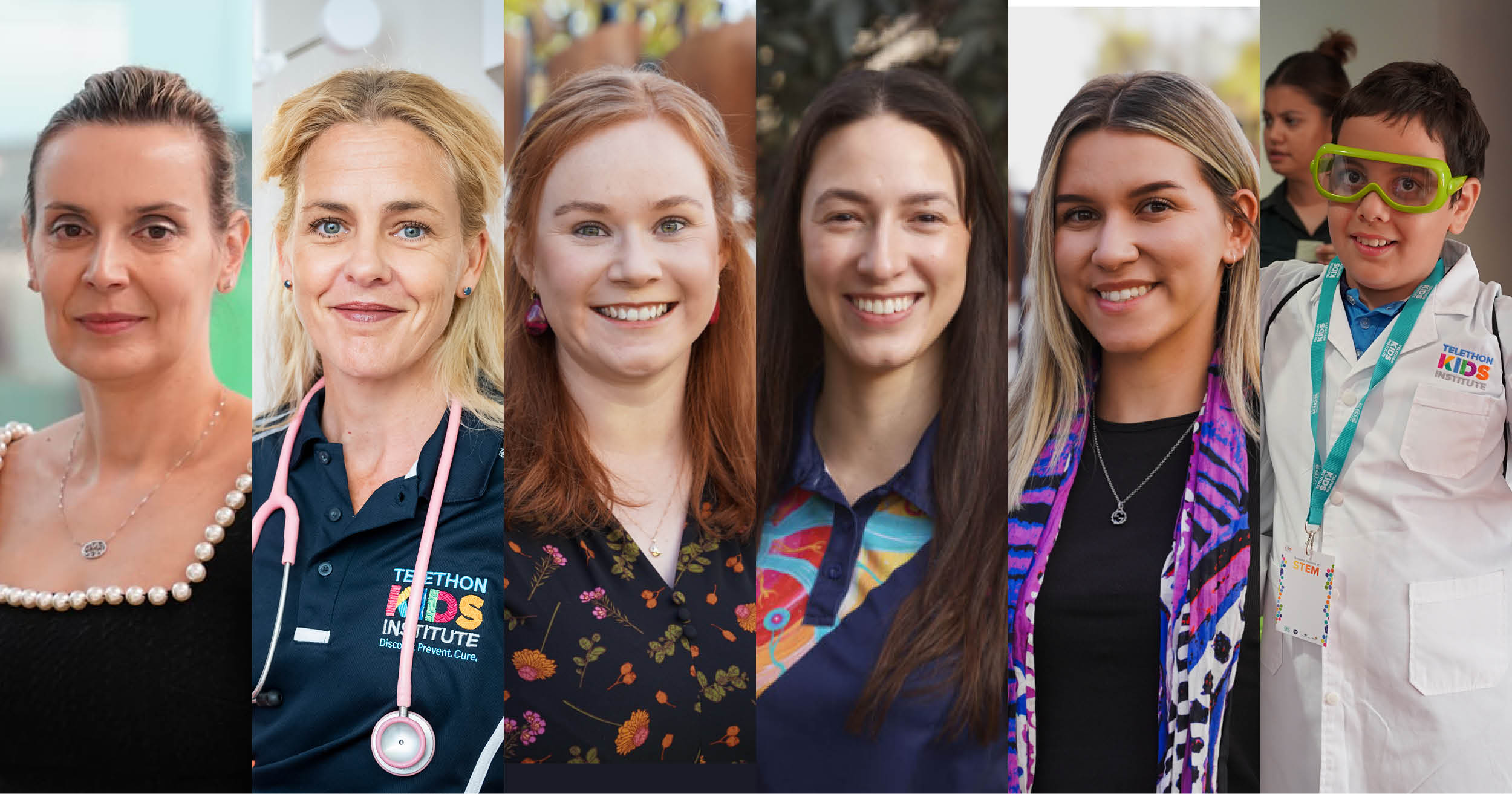Search
Showing results for "Au"
Research
Medical Comorbidities in MECP2 Duplication Syndrome: Results from the International MECP2 Duplication DatabaseSince the discovery of MECP2 duplication syndrome (MDS) in 1999, efforts to characterise this disorder have been limited by a lack of large datasets, with small case series often favouring the reporting of certain conditions over others. This study is the largest to date, featuring 134 males and 20 females, ascertained from the international MECP2 Duplication Database (MDBase).
Research
Performance and Practicality of a Rapid Molecular Test for the Diagnosis of Strep A Pharyngitis in a Remote Australian SettingOver 5 days, 120 schoolchildren from two schools in the remote Kimberley region of Australia were screened for Strep A pharyngitis. Molecular point-of-care testing identified Strep A pharyngitis in 13/18 (72.2%) symptomatic children. The portability and feasibility of molecular point-of-care testing was highly practical for remote settings.
Research
Effects of pregnancy and lactation prebiotics supplementation on infant allergic disease: A randomized controlled trialIngestion of prebiotics during pregnancy and lactation may have immunomodulatory benefits for the developing fetal and infant immune system and provide a potential dietary strategy to reduce the risk of allergic diseases. We sought to determine whether maternal supplementation with dietary prebiotics reduces the risk of allergic outcomes in infants with hereditary risk.
Research
Prevalence, distribution, and inequitable co-occurrence of mental ill-health and substance use among gender and sexuality diverse young people in Australia: epidemiological findings from a population-based cohort studyTo estimate the prevalence, distribution, and co-occurrence of mental ill-health and substance use among gender and sexuality diverse young people relative to their cisgender and heterosexual peers in Australia using population-level, nationally representative data.

A dramatic rise in food allergies over the past 20 years had Australian medical professionals scratching their heads, with three in every ten babies born each year developing food-related allergy or eczema.
Research
Feasibility and safety of introducing cashew nut spread in infant diets-A randomized trialTo reduce peanut allergy prevalence, infant feeding guidelines now recommend introducing peanuts in an age-appropriate form (such as peanut butter) as part of complementary feeding. However, due to a lack of randomized trial evidence, most infant feeding and food allergy prevention guidelines do not include tree nuts. The aims of this trial were to determine safety and feasibility of dosage consumption recommendations for infant cashew nut spread introduction.
Research
Cannabis for refractory epilepsy in children: A review focusing on CDKL5 Deficiency DisorderThis review provides the first comprehensive overview of the potential role for cannabis based preparations in the treatment of CDKL5 Deficiency Disorder
Research
A Population-Based Matched-Sibling Analysis Estimating the Associations Between First Interpregnancy Interval and Birth OutcomesInterpregnancy intervals of <6 months were associated with increased odds of preterm birth in second-born infants
Research
Longitudinal effects of caregiving on parental well-being: the example of Rett syndrome, a severe neurological disorderOur findings suggest that some opportunities do exist for clinicians to help optimise parental well-being

News & Events
The Kids researchers named finalists in 2024 Premier’s Science AwardsFive The Kids Research Institute Australia researchers and a popular Institute-led science festival for kids have been named as finalists in the 2024 Premier’s Science Awards.
